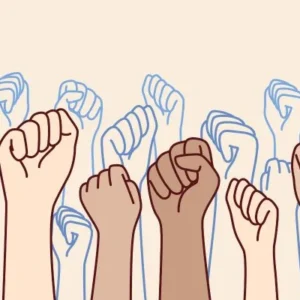There is growing recognition in the humanitarian and development sector that decisions about aid funding are most effective when made by the communities directly affected. Participatory grantmaking shifts the power to local people and movements, positioning them as the true experts in identifying needs and determining how resources should be allocated. This approach contrasts with traditional top-down grantmaking, where decisions are often made by funders far removed from local realities.
Mama Cash, one of the oldest participatory grantmakers, exemplifies this approach through its Global Advisory Network, a diverse group of feminist activists who guide funding decisions. Grants Manager Chantelle de Nobrega highlighted that participatory decision-making strengthens connections with movements, allows for critical feedback, and requires transparency and a willingness to learn from mistakes. Advisors receive stipends to acknowledge their contributions, ensuring their time and labor are respected.
Participatory funding offers clear advantages for local partners. Benda Gard Ntegyereize from World Voices Uganda noted that such funds respond quickly to applications, allow co-creation and direct feedback between applicants and decision-makers, maintain high standards of compliance, leverage local knowledge for procurement and value for money, and expand the network of humanitarian organizations. This structure empowers local actors to adapt, collaborate, and innovate in ways often impossible under conventional grant systems.
For international NGOs, participatory grantmaking provides nimble and cost-effective solutions, encourages knowledge sharing with local organizations, diversifies the humanitarian response, and enhances learning and quality through co-created programs based on local expertise. Janice Ian Manlutac of Oxfam emphasized that participatory funds strengthen collaboration and responsiveness in ways traditional systems often cannot.
For funders, adopting participatory grantmaking requires trust-based practices, relationship-building, and recognition of power dynamics. Tyler Dale Hauger from the Karibu Foundation described a two-year pilot in which African activists co-led funding decisions, resulting in greater accountability to local movements and access to previously overlooked projects. This approach demands time, pragmatism, and ongoing attention to power dynamics, but it ultimately fosters accountability, solidarity, and more effective aid delivery.
Overall, participatory grantmaking demonstrates that aid can be more flexible, locally informed, and impactful when power is shared with the communities it is meant to serve, creating more accountable and responsive humanitarian systems.







